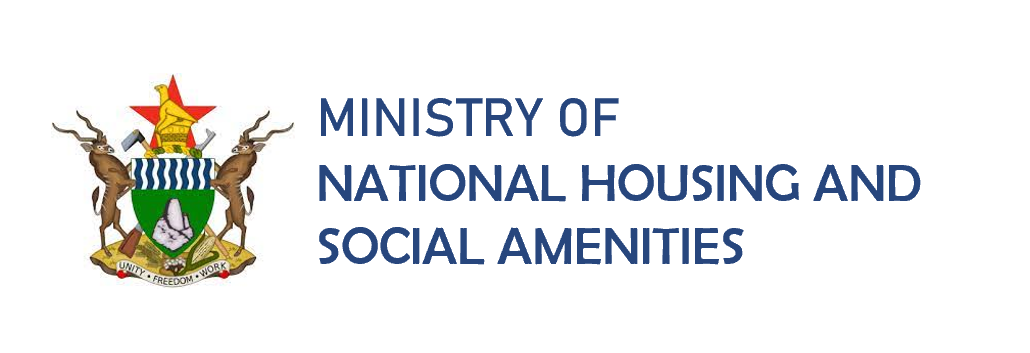Zimbabwe and Mozambique have been elected to serve on the Executive Board of the United Nations Human Settlements Programme (UN-Habitat) for the 2025 to 2029 term, representing the Southern Region of the African States. The election took place during the Resumed Second Session of the UN-Habitat Assembly which ran from 29 to 30 May 2025.
The Executive Board, which consists of 36 member states, acts as the second tier in UN-Habitat’s three-tier governance structure. Germany will chair the Board during this period. The distribution of seats on the Board is as follows: 10 for African States, 8 for Asia-Pacific States, 4 for Eastern European States, 6 for Latin American and Caribbean States, and 8 for Western European and other States.
The Board plays a vital role in strengthening oversight, accountability, and transparency of UN-Habitat’s operations. Its meetings typically focus on financial, budgetary, and administrative matters, alongside receiving updates on the organization’s work programme and the implementation of the strategic plan and resolutions adopted by the Assembly.
Speaking on the sidelines of the Assembly following Zimbabwe’s nomination, Minister of National Housing and Social Amenities, Honourable Zhemu Soda, expressed gratitude for the opportunity. “On behalf of His Excellency the President of the Republic of Zimbabwe Dr Emmerson Dambudzo Mnangagwa, I would like to thank the Assembly for this nomination. It provides Zimbabwe with a valuable platform to contribute to global decisions on human settlements,” he said. Minister Soda further pledged Zimbabwe’s commitment to collaborate closely with fellow Board members, UN-Habitat, and member states to advance quality and affordable housing for all.
During the session, the Assembly also adopted the draft strategic plan for 2026–2029 following a successful vote. The plan’s development was guided by the 2030 Agenda for Sustainable Development, the New Urban Agenda, and previous UN-Habitat Assembly resolutions.
The strategic plan addresses the urgent global challenge of housing inadequacy, which according to UN Habitat currently affects an estimated 2.8 billion people worldwide. It highlights the critical need for the transformation of informal settlements and slums, where 24.8% of the global urban population—approximately 1.12 billion people—reside as of 2022. This number is projected to rise to 3 billion by 2050.
Key focus areas of the plan include ensuring access to adequate housing, land, and basic services for all, with particular emphasis on sustainable urbanization. The plan seeks to support global efforts by targeting three major impact areas:
- Equitable and inclusive prosperity for poverty eradication
- Preparedness, response, recovery, and reconstruction
- Environment and climate action
The anticipated global impact is that more urban residents—especially vulnerable populations living in informal settlements, slums, or affected by humanitarian crises and climate change—will experience improved living conditions through enhanced access to adequate housing, land, and essential services.

